Diversity in Science – How to promote Inclusion & Empowerment in Japan
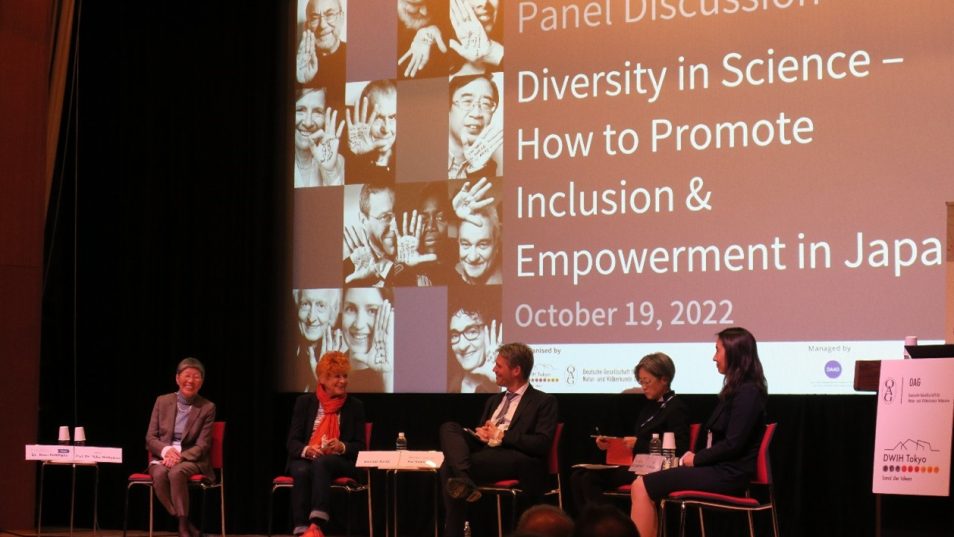 © DWIH Tokyo
© DWIH Tokyo
Why is diversity important? How is it discussed and promoted at Japanese universities? To answer this and other related questions, DWIH Tokyo (German Centre for Research and Innovation Tokyo) and OAG (German East Asiatic Society) hosted the panel discussion „Diversity in Science – How to promote Inclusion & Empowerment in Japan” on October 19, 2022 and welcomed 132 participants on site and online.
The participants on site not only had the opportunity to listen to opinions of experts from Germany and Japan, but also to expand their networks and visit the exhibition “Fascination Science” of famous German photographer Herlinde Koelbl featuring portraits of Nobel Prize laureates and famous scientists from Japan and around the world.
The discussion was also streamed live on YouTube:
Panel Discussion „Diversity in Science – How to promote Inclusion & Empowerment in Japan”
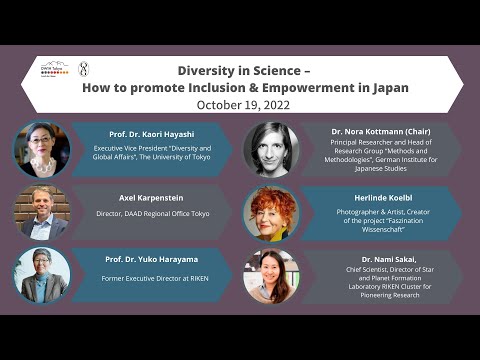
To play the video, click the thumbnail. Once activated data will be transmitted to the respective provider. Watch on YouTube
Diversity in a Patriarchal Environment
After greetings from Axel Karpenstein, Director of DAAD Regional Office Tokyo and Stefan Speidel, Exhibition Organiser of OAG, the Executive Vice President at the University of Tokyo, Prof. Dr. Kaori Hayashi, set the stage for the discussion with a keynote speech. Prof. Dr. Hayashi talked about the challenges her institution faces regarding gender balance – ranging from the low share of female students to even lower percentages of female faculty members and perpetuating in the sculptures on campus which are male without exception. To promote gender balance on campus, Prof. Hayashi focuses on a two-sided approach featuring financial assistance for female students and gender sensibility workshops for male students.
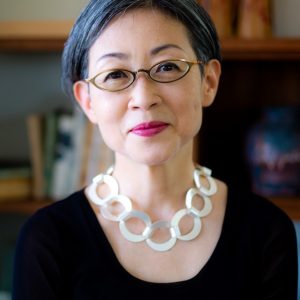
“I always like to point out that even [our newest sculpture of] the dog Hachi is male. […] whether it is in the figure of a person, or a dog. Everyone and everything is male. The UTokyo space is solely masculine.”Prof. Dr. Kaori Hayashi (Vice President at University of Tokyo)
The Question of Inclusion & Empowerment
The discussion was chaired by Dr. Nora Kottmann, Principal Researcher and Head of the Research Group “Methods and Methodologies” at the German Institute for Japanese Studies (DIJ). Prof. Dr. Yuko Harayama (RIKEN), Prof. Dr. Kaori Hayashi (The University of Tokyo), Herlinde Koelbl (Photographer & Artist), Dr. Nami Sakai (RIKEN) and Axel Karpenstein (DAAD) participated in the panel, bringing backgrounds of promotion of women in STEM, early career researchers and internationalization to the discussion.
Guided by the chair Dr. Kottmann, the speakers first discussed the meaning and relevance of “diversity” in science. As a scientist and mother of two children, Dr. Nami Sakai brought the dimension of intersectionality into the debate and emphasized the importance of diversity for the development and advancement of science.
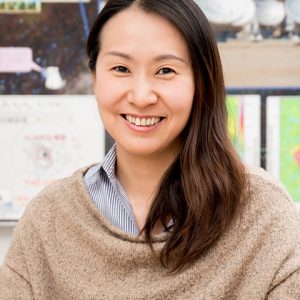
“We can have many strange approaches, but that is very important. Having such diversity, enhances and will proceed science.Dr. Nami Sakai (Chief Scientist at RIKEN)
Researching as a Woman in Japan
After delving into the broad field of diversity, the discussion focused on the situation of female researchers in Japan. Prof. Dr. Yuko Harayama, former executive at RIKEN, talked about the difficulties of missing female representation in the field. While retelling her own challenges that came with working in a male dominated work environment, Dr. Harayama spoke about the missing experience many male researchers face regarding diversity at the workplace.
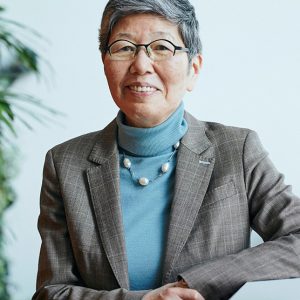
“I was the first female professor historically in my research institution […] It would’ve been much easier if I had other female colleagues, but instead it was kind of mutual learning. They didn’t have much experience, working with a female professor. That´s why they didn’t know how to react.”Prof. Dr. Yuko Harayama (Former Executive Director at RIKEN)
Diversity and Fascination of Science
German photographer and artist Herlinde Koelbl brought a new perspective to the discussion – the joy and fascination of science which is also captured in her exhibition. Ending on a positive note, the artist said that she hopes her project can enhance the discussion of diversity to create opportunities for everyone regardless of their background.

“We always talk about women, but I realized through my research, that diversity is also about men. Men need to be ready to give up power and work with women. If they do that, it´s not a loss, but a win for everyone.”Herlinde Koelbl (Photographer & Artist)
In the Q&A-session, the audience brought many new questions to the discussion, ranging from the recent developments in promoting women in science to the influence of media and girls/boys-only high schools. Due to time constraints, some questions remained unaddressed in the end, but the participants continued the exchange afterwards, during the networking reception in the lobby while viewing the exhibition “Fascination of Science” – which illustrates how diversity in science can look like.
Text: Verena Nobel (DWIH Tokyo)
